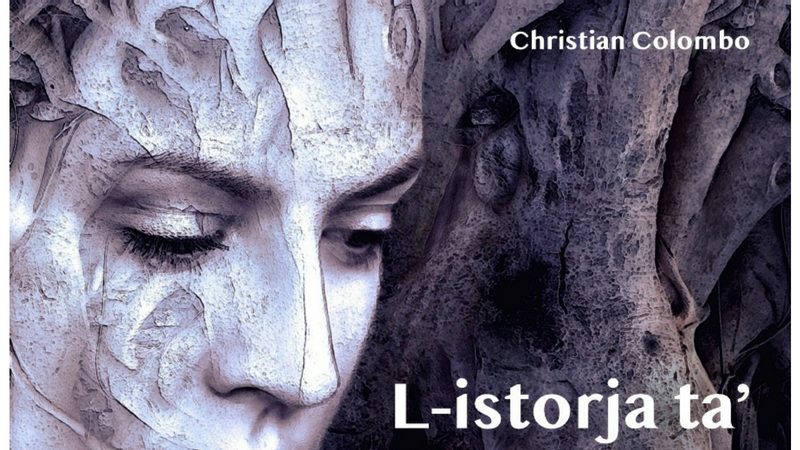Reading a book is usually a given. There is the beginning, story line and ending – leaving the reader in the author’s hands.
However, sometimes, there are books were the reader is given the power to choose the ending and, through that choice, is allowed to interact and become one with the plot.
One such book is “L-Istorja Ta’ Malta f’Ta’ Maria”, written by 33-year-old university lecturer Christian Colombo who wanted to highlight the need for more mature politics in Malta.
“The book is in the form of a story which does not say anything directly political – but rather says it in the form of a metaphor. The idea is to steer completely away from partisan politics and simply highlight the issues at hand – the main one being the blind trust we have in our politicians,” he explained.
The e-book has three different endings, leaving it up to the reader to make certain choices on the progression of the story and the aim behind this is to make them aware of the choices and responsibility everyone has in forging Malta’s future, he explained.
The main character Maria – a personification of Malta – starts taking decisions about the way she behaves in relation to her husband. The book has three endings, allowing the reader to choose which version of Maria to end with: assertive, submissive or one who compromises.
Each choice has its consequences – when Maria trusts her husband, she gets nightmares. When she doesn’t, then she has to sacrifice time with her children to see what her husband is up to.
These are a reflection of the similar decisions that the country has to take – either believe all that is said without question or learn to confirm the facts. Just as the reader can choose the book’s ending, each one can decide how to influence the country’s future, Dr Colombo explained.
“In Malta most comments of a political nature are immediately labelled red or blue with no time to make any impact. The idea behind this book is to help people let down their defences for a while and provide another way of looking at the political situation in Malta. This idea is similar to what George Orwell tried to do with Animal Farm,” he said.
The three endings allow a degree of freedom to the reader just as the political reality also allows a degree of freedom. “The message is ultimately that it is up to us as civil society to decide how politicians treat us. If we accept any behaviour from their end, then we shouldn’t expect lots of respect from them,” he pointed out.
Ultimately, his wish is that Malta matures politically. “We need to expect more from our politicians, we need to be more critical and sceptical, we need to think for ourselves and look up the facts. It is a long journey, much like that of a person trying to assert himself in an unbalanced relationship, but a struggle which nonetheless I believe is 100% worthwhile,” he said.












